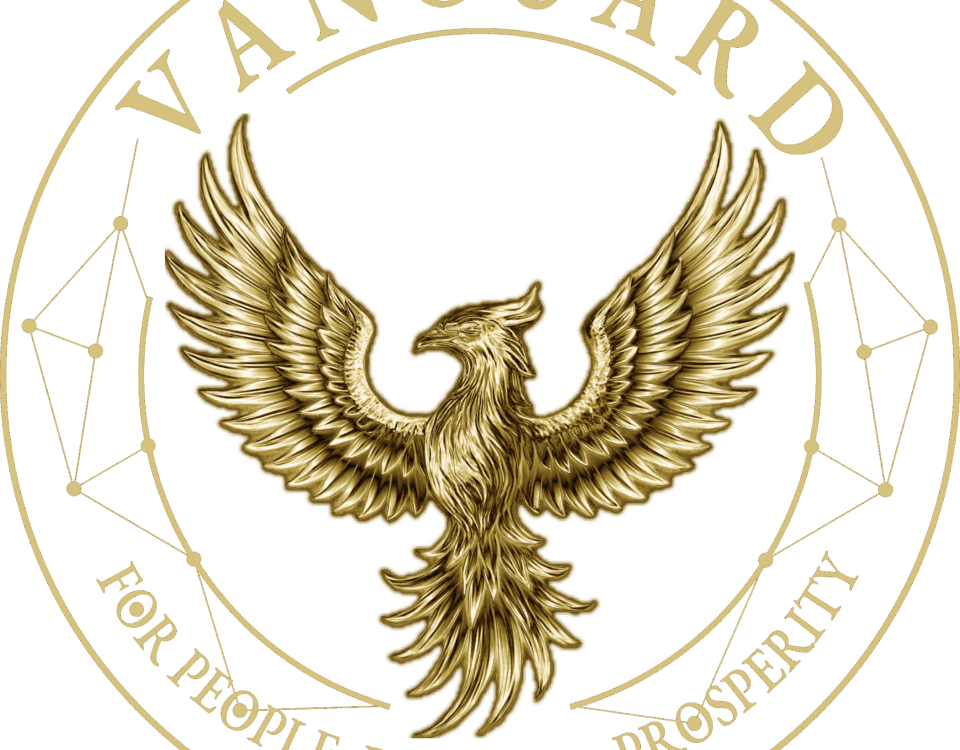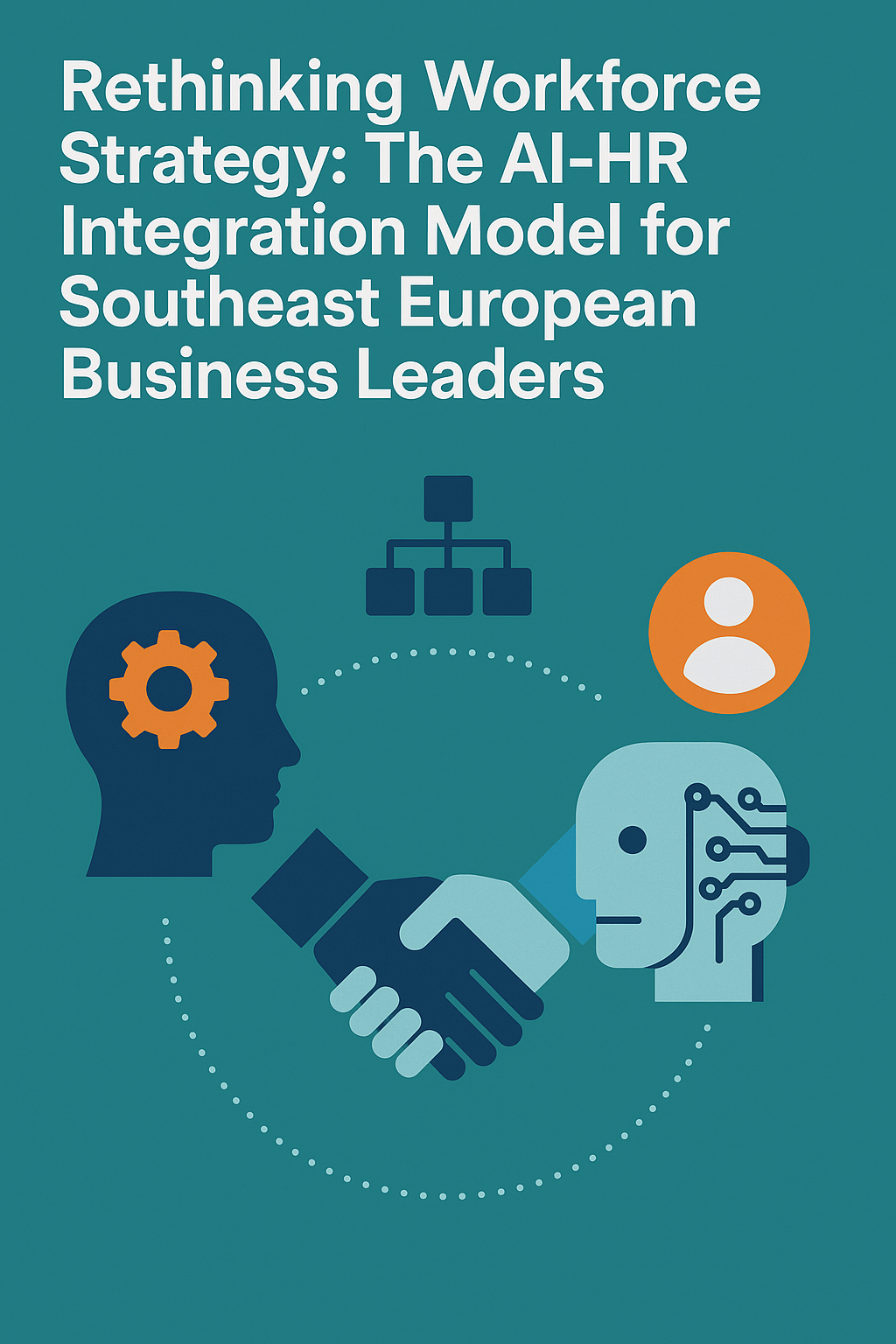Unlocking Sustainable Success: How ESG Integration Powers Strategic Excellence
In recent years, there has been a notable surge in interest regarding ESG-related matters, driven by the growing demand from both investors and the general public for increased transparency and socially responsible management practices from companies. But what is ESG?
ESG stands for Environmental, Social, and Governance. It serves as a framework to evaluate a company’s performance and identify the risks and opportunities associated with its daily operations in these three key domains.
The Environmental pillar includes factors such as direct and indirect greenhouse gas emissions, waste reduction, and energy use and efficiency.
The Social pillar refers to an organization’s relationship with internal and external stakeholders, encompassing employee management and labor practices, responsible supply chain partnerships, and community impact.
The Governance pillar refers to the way an organization is led and managed, including board composition, executive compensation policies, transparency, and ethical business practices.
How Can ESG Help Organizations Sustain Competitive Advantage?
Several research studies have been investigating the impact of ESG considerations for businesses and demonstrated its importance. A study co-authored by Harvard Business School Professor George Serafeim, for instance, compared companies that had voluntarily adopted a substantial number of environmental and social policies for a significant number of years, or High Sustainability companies, with companies that had adopted almost none of these policies, or Low Sustainability companies.
The study found that High Sustainability companies significantly outperformed their Low Sustainability counterparts, suggesting that “companies can adopt environmentally and socially responsible policies without sacrificing shareholder wealth creation. In fact, the opposite appears to be true: High Sustainability firms generate significantly higher stock returns, suggesting that indeed the integration of such issues into a company’s business model and strategy may be a source of competitive advantage for a company in the long run. A more engaged workforce, a more secure license to operate, a more loyal and satisfied customer base, better relationships with stakeholders, greater transparency, a more collaborative community, and a better ability to innovate may all be contributing factors to this potentially persistent superior performance in the long-term.”[1]
How Can Organizations Embed ESG in Their Strategies?
One impactful and straightforward way for organizations to embed ESG in their strategies is through Strategy in Action (SiA). SiA is an end-to-end strategy program that integrates the innovative SiA Platform, expert workshops, and impactful coaching to empower businesses in devising and implementing more resilient, efficient, and effective strategies.
To enable SiA users to integrate ESG into their strategies, the SiA platform includes a comprehensive library of ESG metrics developed in collaboration with ESG expert scholars and professionals. The library is accessible as part of the balanced scorecard, right at the beginning of users’ strategy journey as they set the Level of Ambition for their organizations. This ensures that ESG considerations truly sit at the heart of their strategy, enabling them to sustain competitive advantage while also making positive contributions to society and the environment, and creating value for all stakeholders. Are you interested in placing ESG at the heart of your strategy through SiA? COTRUGLI Business School is the official distributor of the SiA program in Croatia, Serbia, and Bosnia Herzegovina. Learn more about the SiA Platform.
[1] Robert G. Eccles, Ioannis Ioannou, and George Serafeim, “The Impact of Corporate Sustainability on Organizational Processes and Performance,” Management Science, Volume 60, Issue 11, pp. 2835-2857, February 2014, available at http://dx.doi.org/10.2139/ssrn.1964011, accessed June 2023.







